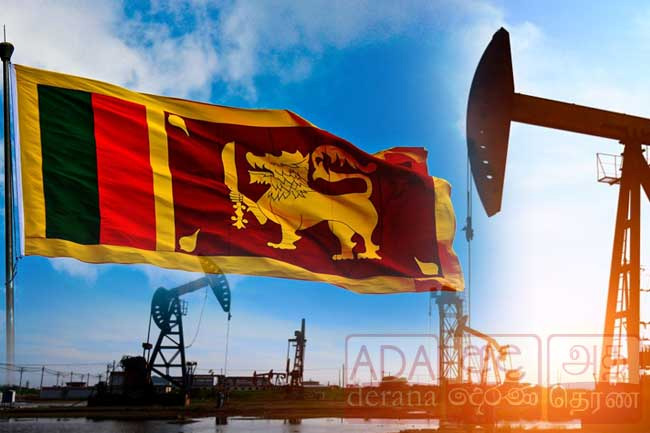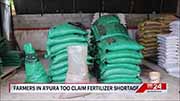CPC prepares for any possible fuel crisis amidst Middle East tensions
June 23, 2025 02:37 pm
The Ceylon Petroleum Corporation (CPC) says it is planning to take necessary measures if any possible fuel crisis arises in the future due to the ongoing conflict and escalating tensions in the Middle East.
Meanwhile, global oil prices jumped on Monday to their highest levels since January, as the United States’ weekend move to join Israel in attacking Iran’s nuclear facilities stoked supply concerns, Reuters reported.
Brent crude futures were up 72 cents, or 0.93%, to $77.73 a barrel as of 08:06 GMT. U.S. West Texas Intermediate crude advanced 71 cents, or 0.96%, to $74.55.
Last night, it was reported that the Iranian parliament approved a measure to close the Strait of Hormuz in response to a recent U.S. military strike. This strait is a vital passage through which around 20% of the world’s oil and gas supplies flow.
Analysts predict that global oil prices may continue to rise in the coming weeks.
From a global economic perspective, few places are as strategically important as the Strait of Hormuz. The waterway, located between the Persian Gulf and the Gulf of Oman, is only 21 miles wide at its narrowest point. It is the sole shipping route for crude oil from the oil-rich Persian Gulf to the rest of the world. Iran controls its northern side. About 20 million barrels of oil — roughly one-fifth of daily global production — flow through the strait every day, according to the U.S. Energy Information Administration (EIA), which has called the channel a “critical oil chokepoint.”
This includes major exporters such as Saudi Arabia, Iran, and the United Arab Emirates.
Responding to an inquiry by Ada Derana regarding how the situation would affect Sri Lanka, the CPC stated that there would be no immediate change in domestic fuel prices.
However, the CPC said it is planning to take the necessary steps to manage the situation if the crisis escalates.
It predicts that the impact of the emerging global oil crisis could linger into August and September.
As part of its contingency measures, the CPC also plans to test oil samples from several alternative countries, including Nigeria, in case of disruptions to traditional supply chains.
Meanwhile, economic analysts have urged the government to take immediate action to address the potential impacts of the crisis.
Dr. Priyanga Dunusinghe, Professor of Economics at the University of Colombo, shared the following thoughts on the matter:
“On one hand, this situation may lead to inflation. On the other, the country may incur an additional cost of around USD 500 billion due to rising global prices. The government should prioritize diversifying exports and implementing the necessary policies to broaden foreign exchange sources.”
He further added, “In particular, the government should take steps to immediately implement the Economic Transformation Act.”












